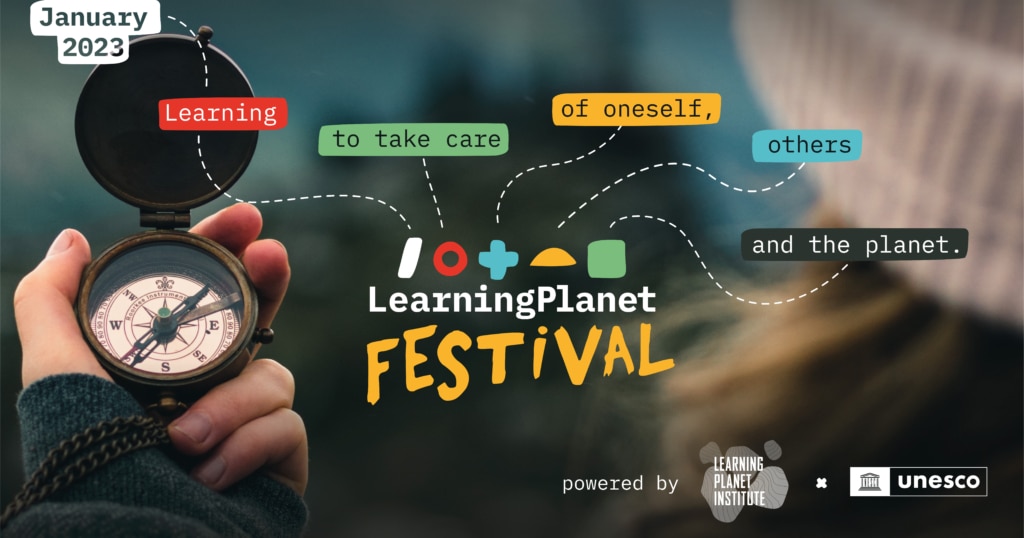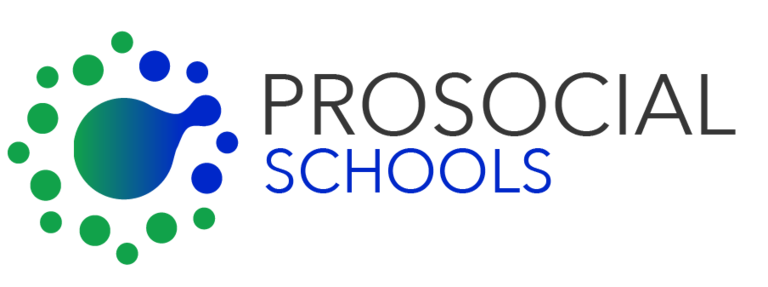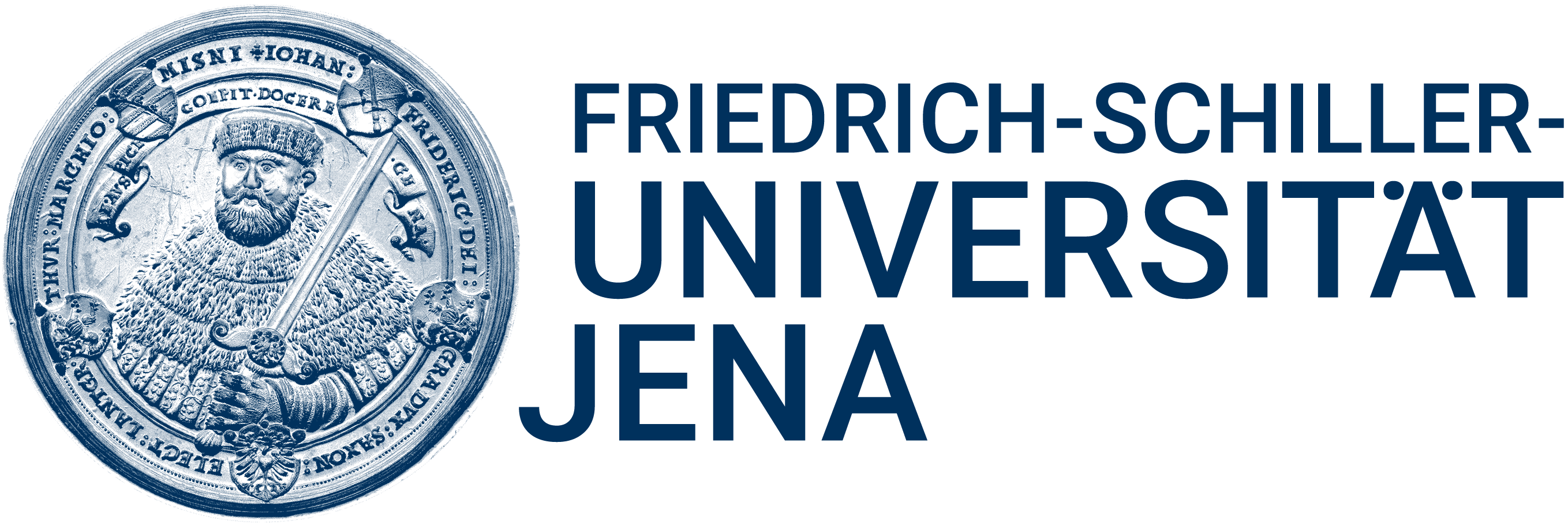#LearningPlanetFestival
January 23rd – 28th, 2023
Learning to take care of oneself, others, and the planet
The LearningPlanet Festival brings together hundreds of pioneering organisations and youth activists learning to take care of oneself, others and the planet.
OpenEvo and our collaborators are organizing two exciting events, online, and in Leipzig, during the week of the 2023 #LearningPlanetFestival.
We welcome students, teachers, and school communities from around the world to join us in these important discussions. You can attend as a participant without any background knowledge, and explore possibilities to make a diffference in your school community through innovative tools for understanding and improving how and what we as humans are learning.
Learn more about the week of global and local events, organized by the Learning Planet Institute and UNESCO.
Our #LearningPlanetFestival sessions
Both of our core events are planned for Wednesday, January 25th, 2023, use the information below to decide which sessions may be most helpful for you.
A School Fit For Humans
Evolving education through community science
How should schools be designed to foster learning and wellbeing for all in the 21st century?
This student-centered session invites students and youth community scientists to share perspectives and methods for local school improvement.
Improving the Impact
Behavioural Science for Environmental Education
How can educators use behavioral science as an interdisciplinary focus for environmental education?
This teacher-centered workshop invites educators from across subject areas to explore the rich learning opportunities that can be advanced by engaging students in the science of human behavior.
A School Fit for Humans?
How should schools be designed to foster learning and wellbeing for all in the 21st century?
Teaching and social learning are hallmarks of our species, but in the millions of years of our evolutionary history, schools are a very recent “invention”. On the one hand, the way most schools are designed has not really changed much since the beginning and spread of formal schooling across the globe some 200 years ago. On the other hand, there are many different kinds of schools in the world, and many different ways to teach, learn, and organize a school community.
Event Details
- Students (age 14+), Teachers
- Wednesday, January 25th, 2023
- 11:30am-1:00pm CET
- Event page on the LPF site
- Online (click here to register)
What do students, teachers, parents, and other community members think about school design, such as the role of exams, grades, homework, curricula, teachers in education? What kind of school is “fit for humans”?
Pre-festival activities
Join the discussion by filling out a questionnaire or by leading a small community science investigation in your own school, community, family or circle of friends and colleagues.
At the Learning Planet Festival meeting we will share and discuss results and explore next steps.
(You are also welcome to join the online meeting even if you have not done any of the pre-festival activities)
Option 2: Conduct the survey with your own school community! Our community science kit will guide your through the workflow.
Lead organizers
Improving the Impact - Behavioural Science for Environmental Education
Official event page at World Food Forum:
https://www.world-food-forum.org/education/behavioural-science/en
An understanding of human behaviour and behaviour change is essential for effective climate action. It is well understood that human behaviours are largely driving environmental destruction and climate change. However, lesser understood is how to leverage human behaviour as a driver of climate action. Teachers and educators stand on the frontlines of climate action and environmental protection, as schools and youth groups are the first place where we begin to understand the world around us. Increasingly, every subject and topic we learn about is affected by environmental destruction and we must begin to unravel these inerlinkages in all subjects and sectors.
Through a 2-part lab series, we will explore how human behaviour can be brought into your educational programmes and used to increase the impact of your lessons and resources. These labs will be delivered in partnership with the YUNGA global partnership, OpenEvo, UN CC:learn, UNEP and Johns Hopkins University.
Event Details: Session 1
- Teachers
- Wednesday, January 25th, 2023
- 3pm-5pm CET
- Online (click here to register)
Event Details: Session 2
- Teachers
- Wednesday, February 1st, 2023
- 3pm-4:30pm CET
- Online (click here to register)
Experts will share their experiences training educators about human behaviour, understanding environmental education through behavioural science and will provide real case studies and resources that have utilised behavioural science to inform their educational projects.
The labs will also provide you with an opportunity to consider how you teach your programmes and how you can benefit from behavioural science and an increased understanding of human behaviour. Experts will provide feedback and we will discuss follow up support after the workshops to continue to increase the impact of your programmes.
Join us online, on Wednesday 25th of January and Wednesday 1st of February @ 15:00 CET, to explore the field of behavioural science and discuss your programmes with our experts. Register through the links in the box above.






